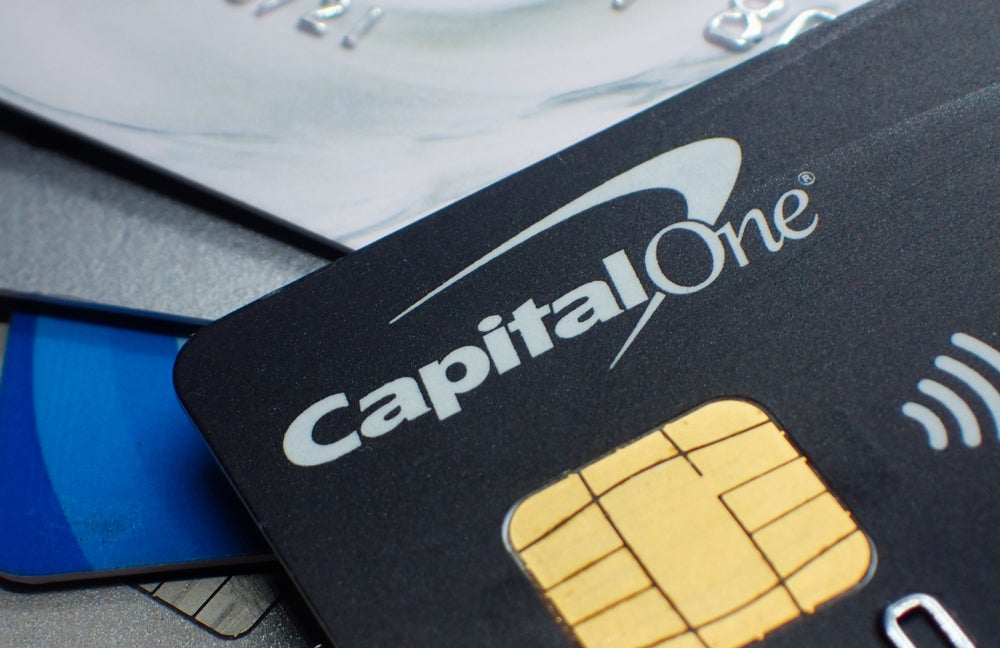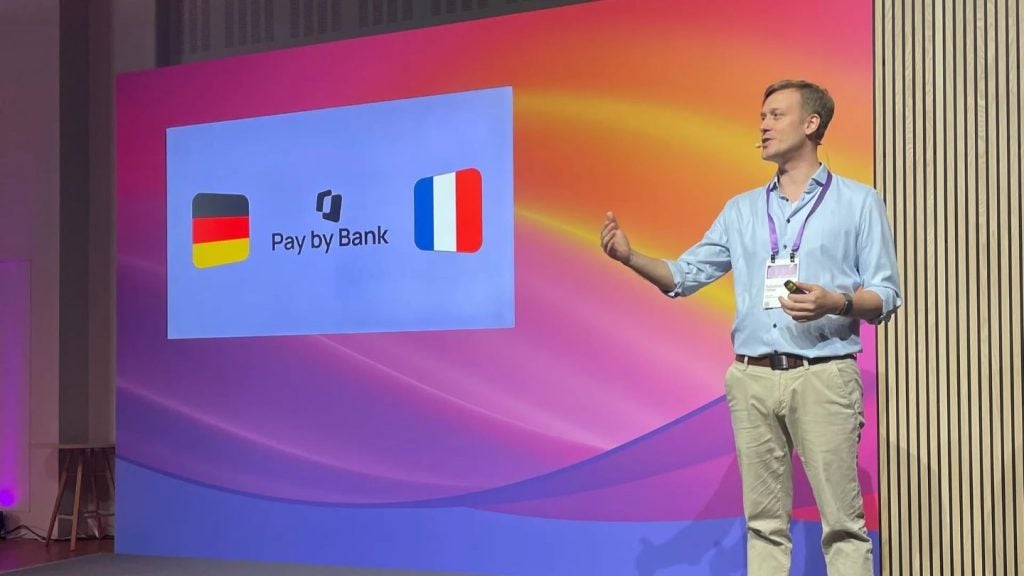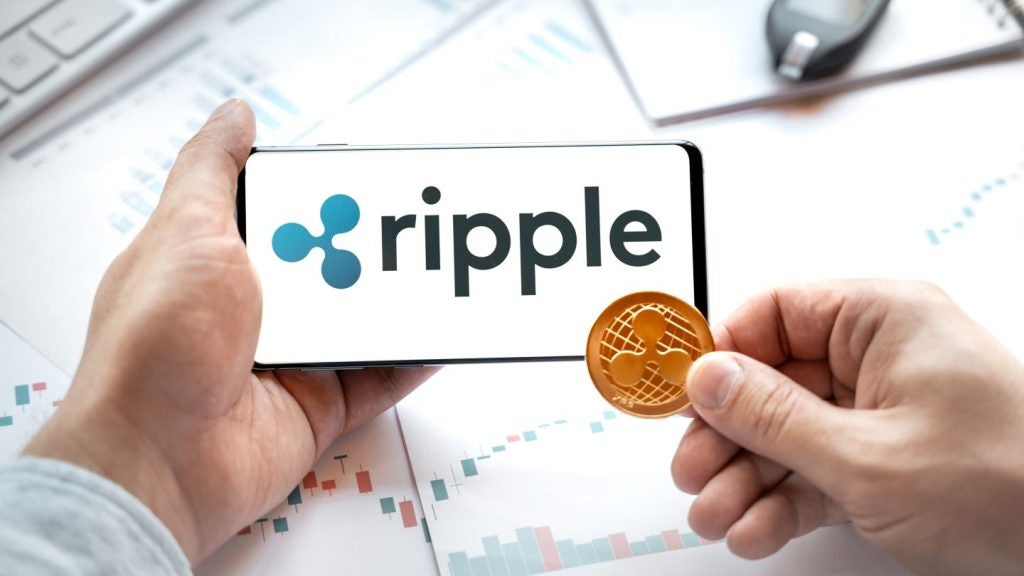Capital One’s acquisition of Discover, which is subject to regulatory approval, will make the merger not only one of the largest banks in the US but also an important player in the payments space. After Discover split in 2007 from Morgan Stanley, the bank has operated independently and built a substantial payment processing network. Thus, if this merger goes ahead, it will mark one of the biggest financial services deals in the US since the 2008 financial crisis.
Before the $35bn deal was made public, both banks were two of the largest credit card providers in the US, making them fierce competitors over the last decade. Now, with the combination of the two, Capital One is well positioned to disrupt the US payments network.
GlobalData Payment Cards Analytics data
According to GlobalData’s Payment Cards Analytics, Capital One is the second-largest issuer in the country with 126.5 million credit cards, while Discover held 64.5 million. The merger will therefore hold close to 191 million credit cards, overtaking JPMorgan Chase on 177.7 million as the largest issuer in the country. This will also position Capital One strongly to compete with Mastercard and Visa, the two schemes that have traditionally dominated in the market, as well as to negotiate interchange fees with merchants.
The deal could not come at a more relevant time, with US regulators planning to reform bank merger rules and lawmakers reintroducing the Credit Card Competition Act into Congress in 2023. Both changes seek to bring greater transparency and competition to the payments industry, which will inevitably benefit this merger but could also bring future hurdles. For example, there are also fears that the merger will only further inequality in the credit card market, as it reduces competition from smaller providers and could result in higher costs for card holders.
On the other hand, the merger is being seen as encouraging for the US banking industry. After long periods of high inflation and the worrying threat of a recession, other US regulators are welcoming this historic deal and promoting the stance that it will make the payments and credit card markets more competitive, as Capital One seeks to supply more attractive product offerings and innovations to consumers.
Overall, it remains unclear whether the deal will have a positive or negative effect on consumers, but for Capital One the deal is essential if it wants to propel itself into a bigger entity that can compete with Mastercard and Visa and displace JPMorgan Chase as the largest credit card issuer in the US.

US Tariffs are shifting - will you react or anticipate?
Don’t let policy changes catch you off guard. Stay proactive with real-time data and expert analysis.
By GlobalDataPhoebe Hodgson is an associate analyst, financial services, GlobalData








